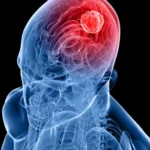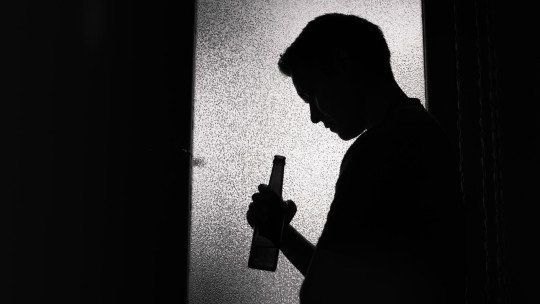Alcohol is the most consumed drug in the world, partly due to the high degree of normalization it enjoys in practically all human societies. However, the fact that it is very familiar to us does not mean that its negative effects on people’s physical and psychological integrity constitute a true public health problem.
Although alcohol is a legal drug, it is important to keep in mind that its effects are very harmful in people of all ages, and especially in younger adolescents, who are increasingly starting to consume at an earlier age.
That is why it is of great importance for anyone who needs it to put themselves in the hands of a team of professionals specialized in therapeutic intervention for patients suffering from alcoholism. But… What is the treatment of alcohol addiction? Let’s look at it in summary.
This is the treatment for alcohol addiction
Alcohol is a drink associated with leisure and entertainment, or even in family traditions: its consumption regularly occurs in festive and casual contexts, in the company of friends, co-workers, families or loved ones. This means that the addictive disorder linked to these products has a great capacity to appear relatively quickly and to generate relapses, given the easy access to alcoholic beverages. This phenomenon means that the treatment for alcohol addiction presents some particularities; Even when the person has not used for months, the risk of reinstating the addiction is relatively high. Therefore, it is more important than ever that professional intervention combines elements of medicine and elements of psychotherapy and psychological assistance for families.
Taking this into account, let’s look at the main characteristics of alcohol addiction, starting with its initial stages.
1. Request for intervention
The first step we must follow to begin a professional intervention process to treat a case of alcohol addiction of our own or that of another close person is to identify that said problem exists.
There are several the physical and psychological symptoms that can indicate a case of alcohol addiction , and in these cases it is advisable to go to a health professional as soon as possible and request the corresponding help. The main physical and psychological symptoms of alcohol addiction are: development of disorders such as cirrhosis; excessive and uncontrolled consumption; the development of alcohol tolerance; the abandonment of daily responsibilities; the change of friends and withdrawal symptoms (nausea, sweating, irritability, discomfort, etc.).
2. Initial interview
The initial interview consists of a first contact with the therapist, we will talk about our particular case, both psychological and physical symptoms that we may be feeling, such as certain habits and type of alcohol consumption.
During this initial step The professional therapist will advise us on the type of treatment we should receive based on our particular case and our specific needs, as well as the characteristics of the addiction we present.
3. Detox
The detoxification process begins with the admission of the person with an alcohol addiction, and constitutes the first phase of the treatment itself.
In this initial phase It is important to control the process of elimination of the drug in the body , since the withdrawal syndrome caused by stopping alcohol consumption could have dire consequences on your health if it occurs without health care. That is why it is essential to maintain exhaustive health control and monitoring of the person throughout the detoxification, if necessary, using the appropriate drugs so that this transition to a drug-free body does not generate a chain reaction of problems. added. Consequently, at this stage medical intervention gains prominence, although psychotherapy remains relevant.
4. Dishabituation
The next phase is cessation and consists of getting the person to acquire new healthy habits for their life without alcohol and to get rid of old harmful habits associated with consumption. Here, the work of psychologists becomes very important.
The dishabituation phase is carried out through the implementation of certain psychological therapies of proven effectiveness so that the patient achieves generate a change in your perception of alcohol and from your previous habits, and eliminate them forever from your life.
Discontinuation can be done both in individual and group sessions and the most used therapy is usually Cognitive-behavioral Therapy, which consists of modifying the negative or maladaptive ideas, thoughts and perceptions of the person with alcohol addiction.
5. Rehabilitation
Rehabilitation is the process by which all the skills, aptitudes and attitudes that the person with addiction has lost during their illness are analyzed and worked on.
During this phase, physical and psychological abilities, social skills and all the necessary tools to live in a normal and satisfactory manner during the person’s daily life are generally trained.
6. Reintegration
Reintegration aims to help the person reintegrate into society and especially in his immediate social environment, with family and friends who have helped him overcome his problem.
This phase takes place with the close supervision of the therapists for several months, who analyze whether the reintegration is being successful and whether the former addict complies with all the provisions and with the guidelines, obligations and objectives set during the therapy.
Are you looking for addiction treatment?
If you want to start a treatment process for alcoholism or other forms of addictive disorders, contact us.
In Liberadict We can help you by offering you comprehensive professional support in the face of addictions.









